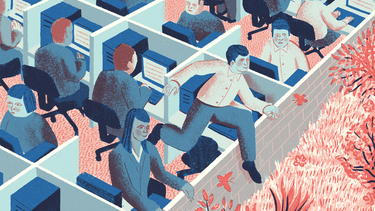COVID19
Going the Last Mile (with Evidence)
A study by Yale’s Mushfiq Mobarak and his colleagues found that nurses on motorbikes with vaccine-stocked coolers could help increase vaccination rates in rural Sierra Leone, showing that it is possible to get health interventions to the most remote and under-resourced areas cost-effectively, in ways that help ensure that the interventions are taken up and used.
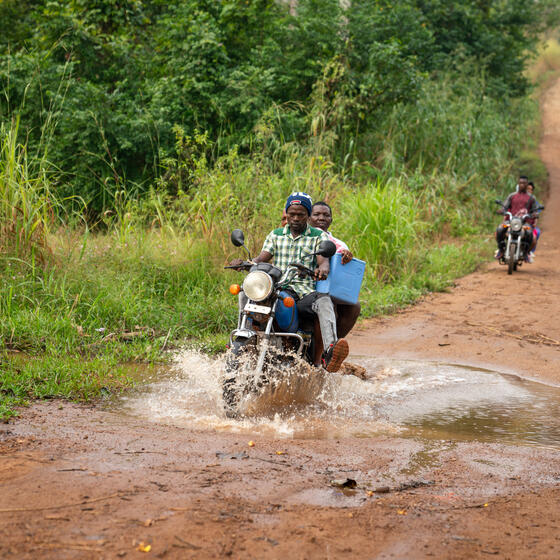
Did ‘Lockdown Fatigue’ Diminish the Effectiveness of COVID-19 Restrictions?
COVID-19 restrictions on group gatherings and businesses stretched on for months. Did they continue to save lives? In a new study, Yale SOM’s Matthew Spiegel examines how the effectiveness of restrictions evolved over time.
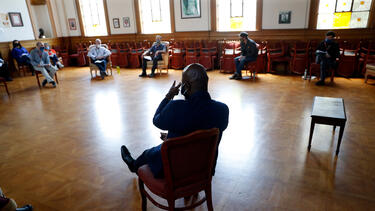
Did Student Loan Forbearance Push Distressed Borrowers Further into Debt?
In a new study, Yale SOM’s Heather Tookes and her co-authors find that after loan forebearance went into effect in March 2020, distressed borrowers’ credit scores jumped. That allowed them to take on more credit card and auto debt—and, eventually, led to higher rates of delinquencies.
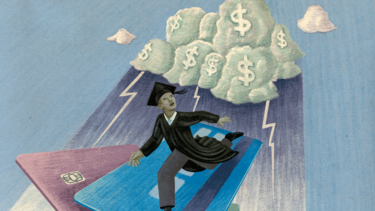
Uncovering the Mental Health Impacts of COVID-19 in Low- and Middle-Income Countries
A new study co-authored by Yale SOM’s Mushfiq Mobarak investigated how mental health fared after the pandemic arrived in eight low- and middle-income countries, and found signs of a sharp, and lasting, deterioration.
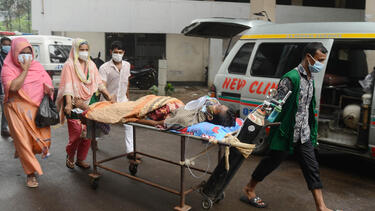
No, That New Study Doesn’t Show that Masks Are Useless
We asked Prof. Jason Abaluck, who co-authored a landmark randomized trial of mask promotion in Bangladesh, what conclusions we can draw from the recent Cochrane Review—and what the evidence says about the effectiveness of masks.
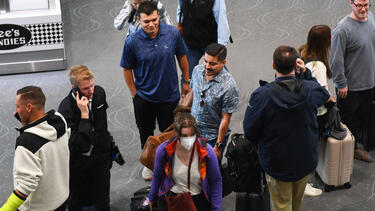
Once COVID Vaccines Were Introduced, More Republicans Died Than Democrats
A new Yale study co-authored by SOM’s Paul Goldsmith-Pinkham found that once vaccines were introduced, the rate of excess deaths among Republicans and Democrats began to diverge.
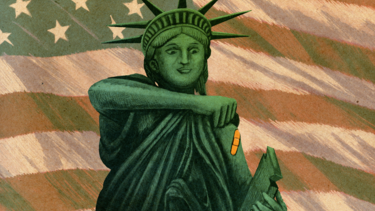
The Reckonings Facing the Theater
The challenges of the last several years, including the upheaval of COVID-19 and the anti-racism movement that followed George Floyd’s murder, have had profound consequences for American theater. In a recent conversation with Yale SOM, three Yale alumni in the industry offered their perspectives on what comes next.
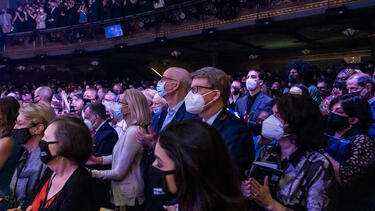
Wastewater Can Reveal How Many of Us Have Gotten COVID-19
New research based on data on COVID-19 RNA in sewage suggests that many more people had been infected with COVID-19 by May 2021 than official case counts indicated.
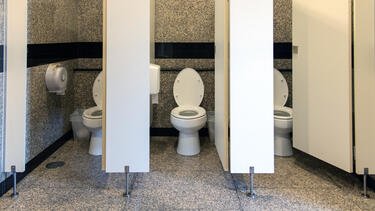
Navigating a New Now: Investing in ‘Tough Tech’
A venture fund led by Katie Rae ’97 was providing the patient capital required for breakthroughs on major societal problems like climate change and community health. Then COVID-19 complicated their day-to-day work—and gave their efforts greater urgency.
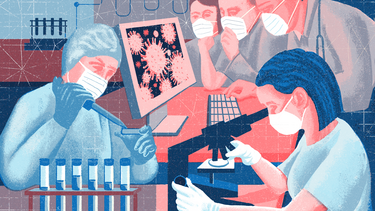
A Look Back at 2021 through Our Top Stories
This year, many of our most-read stories examined facets of the continuing COVID-19 pandemic, including the challenges of vaccination, the return to in-person work, the effectiveness of masks, and the bottleneck in the supply chain.
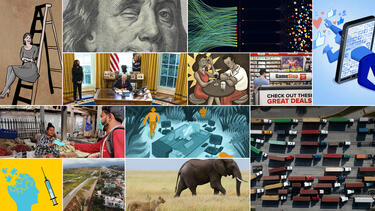
Navigating a New Now: Time to Prioritize Company Culture
Laszlo Bock ’99, founder and CEO of Humu, highlights the importance of company culture for keeping workers motivated and delivering results despite the challenges of the moment.
